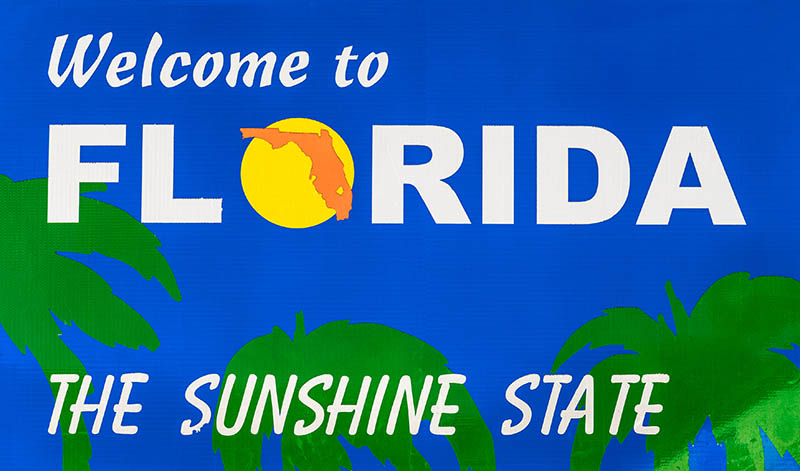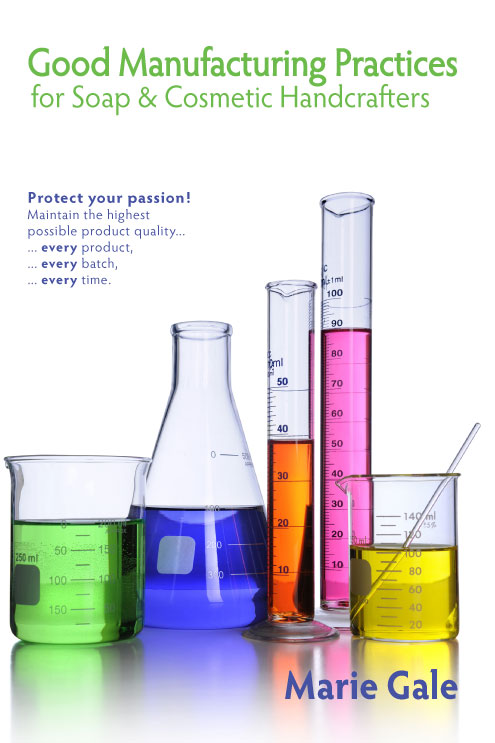In June of 2021, Florida Governor Ron DeSantis signed SB 1966 into law. Among many other things, this law updated the Florida cosmetic regulations, making it possible for small businesses to manufacture cosmetics! This is such GOOD NEWS!
Florida Cosmetic Regulations Updated
It’s a big Act, and one small piece of it (drum roll, please) exempts certain persons from being required to have a cosmetic manufacturer’s license!
Before this bill
Before this bill and the changes it put in place, anyone manufacturing any cosmetic product had to be registered with the state as a cosmetic manufacturer and the manufacturing could not be located in a residence. There were fees, inspections, and other requirements essentially making it nearly impossible for a small business or handcrafter to legally make cosmetics in Florida.
Who doesn’t have to get a permit?
After this bill and the changes it puts in place, if your annual gross sales of cosmetics are less than $25,000, you do not need a cosmetic manufacturer’s permit; and you can make your products at a residential location.
Limitations & Requirements
There are a few limitations and special requirements:
- You must have less than $25,000 in annual gross sales of cosmetics.
- You can only sell prepackaged cosmetics that have a label on them that meets the FDA requirements for cosmetic labels.
- You may only manufacture soap (not otherwise exempt), lotions, moisturizers, and creams1
- You can only sell cosmetics that are stored on the premises of the cosmetic manufacturing operation.
- You can only sell products that are not adulterated or misbranded.
- IMPORTANT: The product label must include a statement “Made by a manufacturer exempt from Florida’s cosmetic manufacturing permit requirements.” The statement must be in at least 10 point type and a constrasting color.
- The Florida Department of Business and Professional Regulation can investigate any complaint that alleges an exempt cosmetic manufacturer has violated the law or pertinent regulations; can enter and inspect the premises; and may require proof of gross annual sales.
What about Soap?
When soap is not a cosmetic, the cosmetic regulations don’t apply. To be exempt from the definition of a cosmetic, the soap must be:
- The alkali salt of fatty acids (lye/oil soap) AND
- Sold and marketed only as “soap”
- Make no “cosmetic” claims (other than cleansing)
When soap IS a cosmetic, a cosmetic manufacturer’s permit is required unless the manufacturer has less than $25,000 annual gross sales, and the limitations and requirements listed above must be met.
What if you make over $25,000 gross annual sales?
If you make over $25,000 in gross annual sales of cosmetics, you aren’t exempt. If you want to make cosmetics in Florida, then you must have a non-residential workspace facility, get a cosmetic manufacturer’s permit, and have your facility inspected, and comply with the manufacturing regulations. Basically, you will need to have your good manufacturing practices firmly in place. (See my post on Florida Cosmetic Regulations for more details.)
What happens next?
This Act went into effect on July 1, 2021. It updated the Florida LAW concerning cosmetic manufacturers (and everything else it addressed).
At some point in the future, the Florida Department of Business and Professional Licensing will update their REGULATIONS with the specific details on the implementation of the law. They will also probably update their website, forms, and other information. That may not happen right away.
You can read an unofficial copy of the bill, which I downloaded and highlighted here.
- “Moisturizers” is not defined within the act; it will probably be defined in the regulations that get created to implement the new law. ↩︎



Leave a Reply